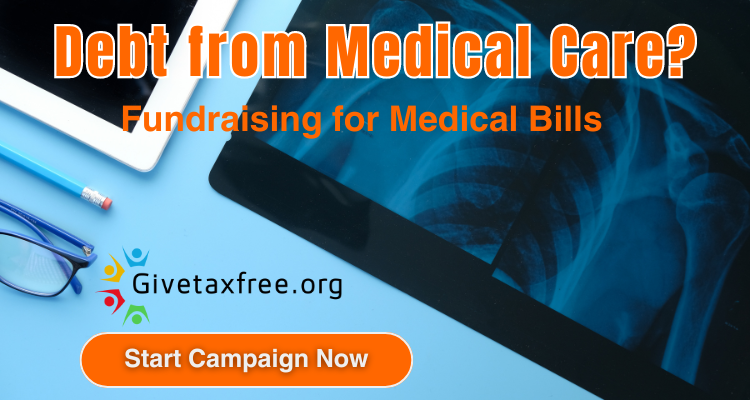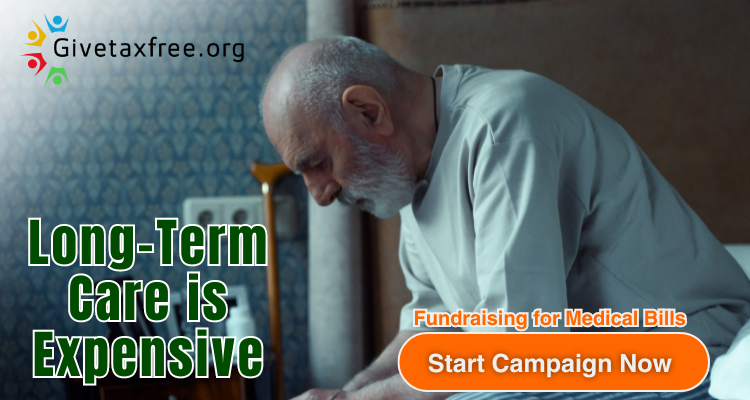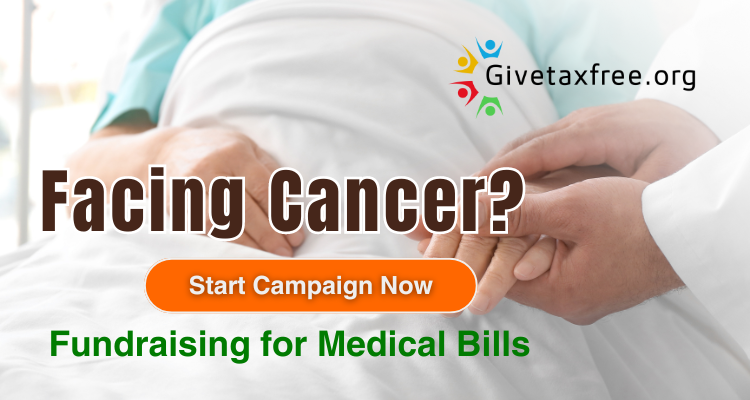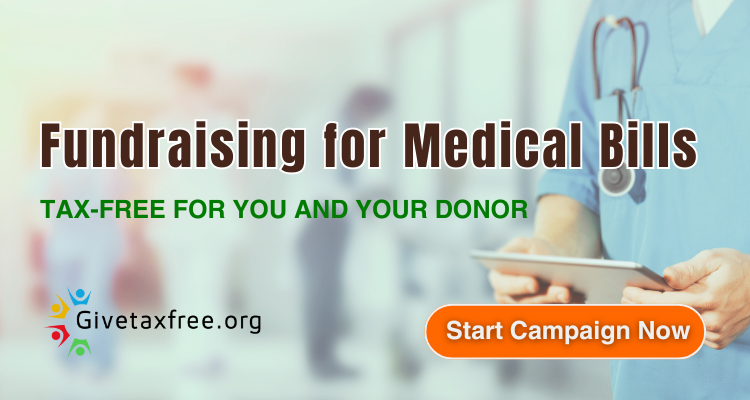This April, Oncology Data Advisor is raising awareness for Esophageal Cancer Awareness Month. In this interview, Oncology Data Advisor Editorial Board and Fellows Forum members Dr. Joseph Kalis, Dr. Matthew Hadfield, and Dr. Samuel Kareff discuss rising trends, treatment advances, and emerging management strategies for esophageal cancer, including the following:
• The rising rate of adenocarcinoma in the context of pre-existing esophageal dysplasia and Barrett esophagus
• Risk factors such as tobacco and alcohol
• The roles of healthy eating and smoking cessation in esophageal cancer prevention
• How the rise of immunotherapies such as pembrolizumab, nivolumab, and trastuzumab have changed practice
• This month’s approval of fam-trastuzumab deruxtecan-nxki for human epidermal growth factor receptor 2 (HER2)–positive solid tumors
• Lifestyle interventions such as following the Mediterranean diet and United States Preventive Services Task Force (USPSTF) exercise guidelines that can make maximize tolerability of therapy
“Talking about the diversity in cases and pathology, I think some of that relates to the differences we’ve seen in treatment. We’ve had some recent advancements with the use of immunotherapy in esophageal cancer and gastroesophageal junction cancer, where traditionally, we haven’t seen as good response rates with immunotherapy compared with different disease states.” – Joseph Kalis, PharmD, BCOP
“We can talk about drug development all we want, but we should be talking more about encouraging healthy eating and smoking cessation. We really are going to prevent a lot of these cancers if we make impacts there. Unfortunately, especially in oncology, we don’t see patients before they have cancer, so it’s important to raise awareness because we can really make a lot of progress just in prevention.” – Matthew Hadfield, DO
“I always remember that it’s not only on the clinician in the primary care setting to talk about cancer prevention. Today, we’ve clearly shown several ways we can apply this knowledge in the clinic for the benefit of patients who are on their active cancer journey. So, take a moment to spend a minute of that clinic visit talking about some of these complementary interventions. I hope that your patients will find that they do a lot better when it comes to tolerating cancer-related therapies, especially when it comes to esophageal cancers.” – Samuel Kareff, MD, MPH
About the Speakers
Matthew Hadfield, DO, is a Hematology/Oncology Fellow at Brown University/Legoretta Cancer Center in Providence, Rhode Island. His research focuses on melanoma and early-phase clinical trials, including development, novel immunotherapeutic combinations to overcome therapeutic resistance, and predictive biomarkers for immunotherapy toxicities.
Samuel Kareff, MD, MPH, is a Medical Oncologist and a Hematology-Oncology Fellow at the University of Miami’s Sylvester Comprehensive Cancer Center and Jackson Memorial Hospital in Florida. He has special research interests in health advocacy, public policy, and the development of cancer therapies.
Joseph Kalis, PharmD, BCOP, is an Ambulatory Oncology Clinical Pharmacy Specialist at the University of Colorado Health. In this position, he educates patients about their chemotherapy and immunotherapy treatments, reviews treatment plans and dose adjustments, and assists with supportive care for patients with multiple myeloma and other hematologic malignancies.
For More Information
American Association for Cancer Research (2024). April is Esophageal Cancer Awareness Month. Available at: https://www.aacr.org/patients-caregivers/awareness-months/esophageal-cancer-awareness-month/














![Case Sample - For presentation / Exam(FCPS,MS) - Carcinoma Stomach [Video]](https://crowd-funding.givetaxfree.org/wp-content/uploads/2024/04/mp_258282_0_0jpg.jpg)
![Combining Gemcitabine With CXCR4, PD-1 Inhibitors for Pancreatic Ductal Adenocarcinoma [Video]](https://crowd-funding.givetaxfree.org/wp-content/uploads/2024/04/mp_258276_0_0jpg.jpg)

